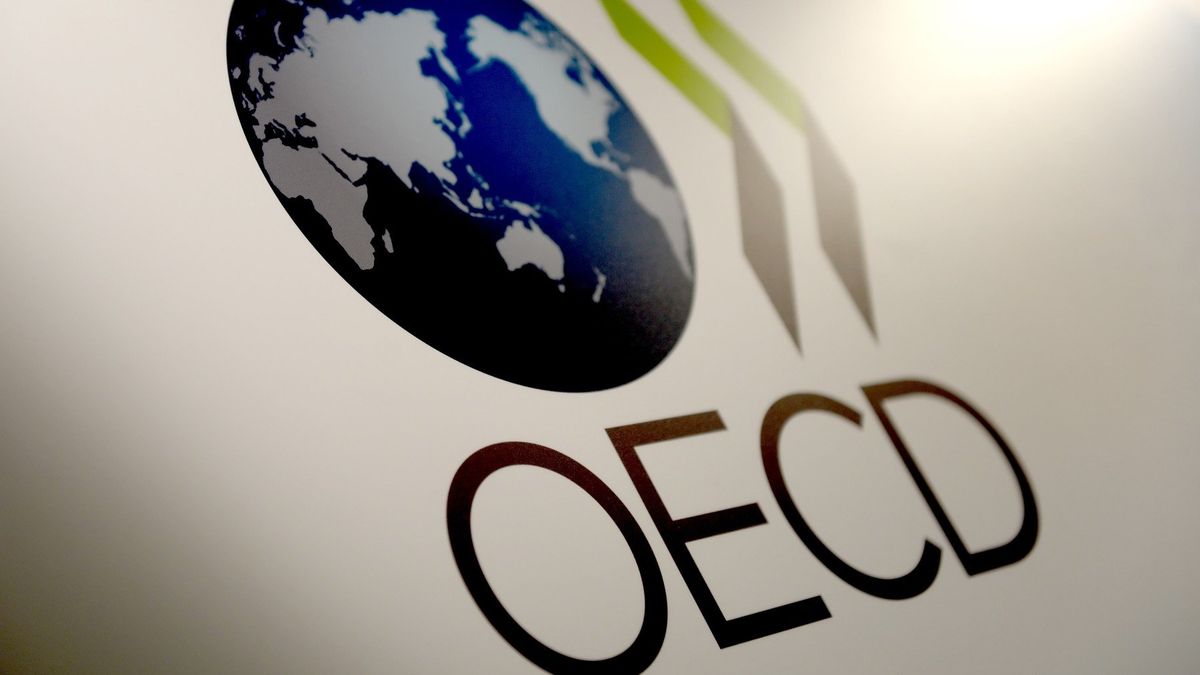The Secretary General of the OECD, Mathias Cormann, announced at a press conference in Paris, where it is based, the “formal adoption of the roadmap for the accession of Brazil, Bulgaria, Croatia, Peru and Romania”.
“We warmly welcome these countries to the start of a positive and transformative process. We also we have positive talks with Argentina about the next steps in the accession process,” Cormann said, without elaborating.
Asked about the reason that led to reporting the adoption of the Argentine roadmap, the Australian evoked “some issues to be resolved”, but underlined the “positive and constructive spirit” of the discussion.
The announcement came at the end of the annual meeting of ministers of the organization that encompasses the largest economies in the world with democratic regimesincluding the United States and the rest of the G7 powers.
The OECD announced in January the start of talks with the six countries regarding their future membership in this currently 38-member club, a process that usually takes a few years.
The next step was the approval of the roadmap that sets the modalities and conditions of membership. The OECD will carry out examinations in areas such as trade, investment, the fight against corruption and climate change.
Chile, Costa Rica, Colombia and Mexico are already part of the organization founded in 1961 and whose partners represent about 80% of world trade and investment.
Accession to the OECD is a big step for the Brazilian Minister of Economy, the ultra-liberal Paul Guedeswho in January considered that the beginning of the discussions was a “recognition” that Brazil is “a great country.”
The approval of the roadmap occurs less than four months before the presidential elections in the South American giant, in which the ultra-conservative president, Jair Bolsonarowill seek a second term.
The International Federation for Human Rights (FIDH) and its organizations in Brazil –Justiça Global and Movimento Nacional de Direitos Humanos– congratulated each other on the approved roadmap in a statement.
“It has the potential to push Brazil to adopt positive changes in its environmental and human rights policies,” adds the note, which considers that the country “has not demonstrated its commitment to the OECD values” in this field.
In January, the Peruvian leader, the leftist peter castlealso thanked that decision then and affirmed that his government reiterated “its commitment to the values of the OECD for the benefit of its population.”
Source: Ambito
David William is a talented author who has made a name for himself in the world of writing. He is a professional author who writes on a wide range of topics, from general interest to opinion news. David is currently working as a writer at 24 hours worlds where he brings his unique perspective and in-depth research to his articles, making them both informative and engaging.




